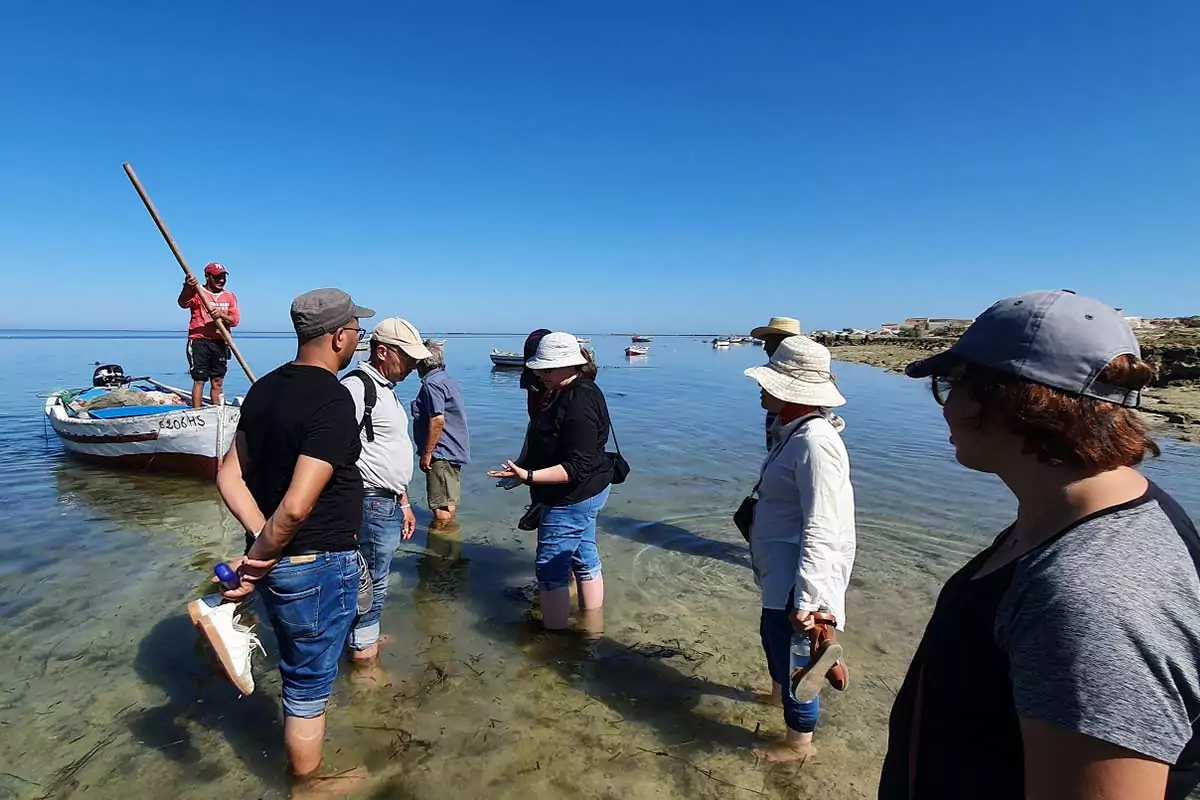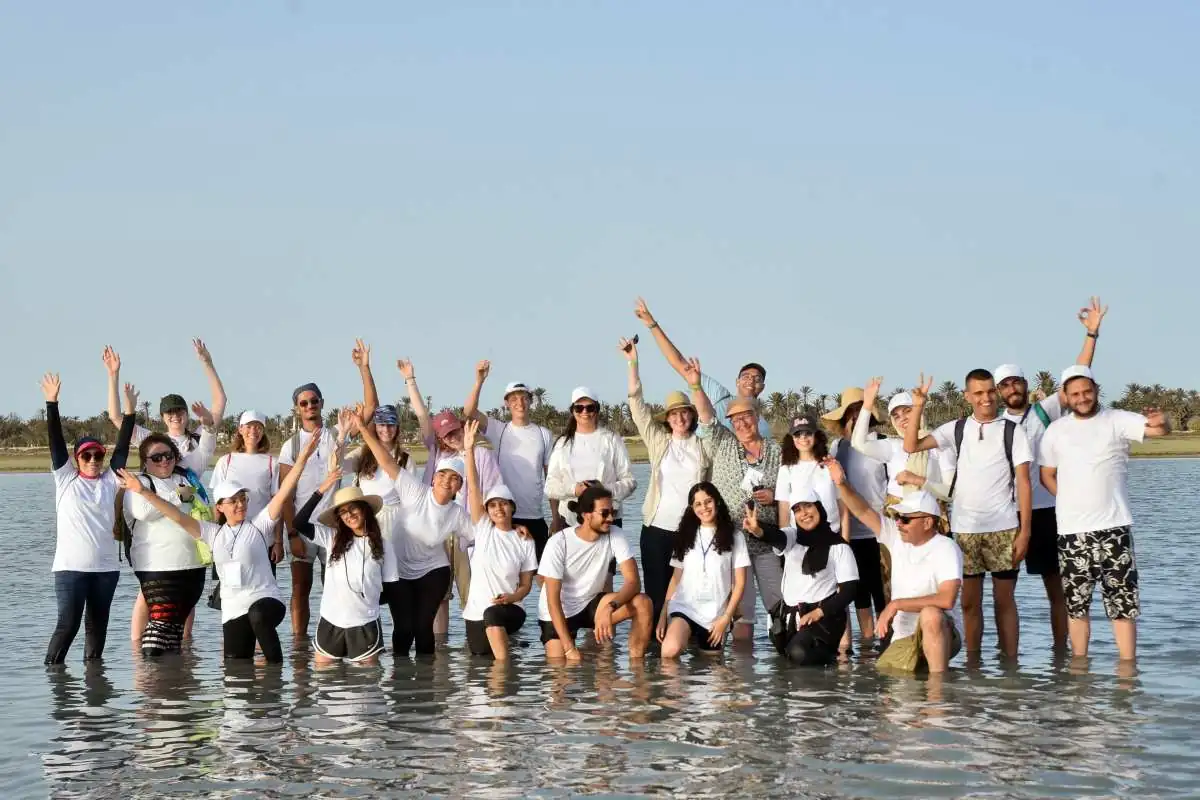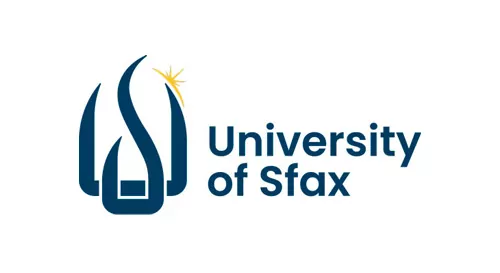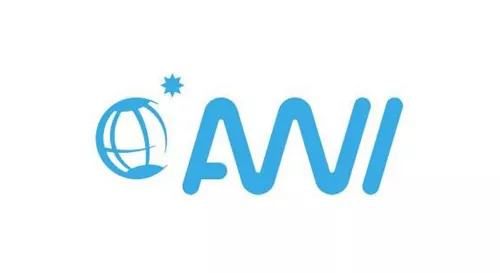While changes in coastlines are natural processes, the gradual disappearance of beaches has increased dramatically in the last decades. Tunisia is a drastic example: Its coastlines are receding with an average of 64 cm per year, resulting in annual losses estimated at 3% of GDP. Finding science-based solutions to protect the coast is difficult, since few assessments on local coastal erosion are available and, with climate change, historic data are no longer adequate for planning and decision-making. ORIENTATE-TN addresses these challenges by providing sustainable, cost-effective data and developing a living lab of nature-based mitigation using seagrass transplantation to mitigate erosion at the Tunisian coast. The project expects to help secure the livelihoods of coastal communities and improve coastal erosion mitigation. To ensure sustainability and local acceptance, the project is co-designed and implemented with key stakeholder groups, bringing together their different specialities and experiences.




